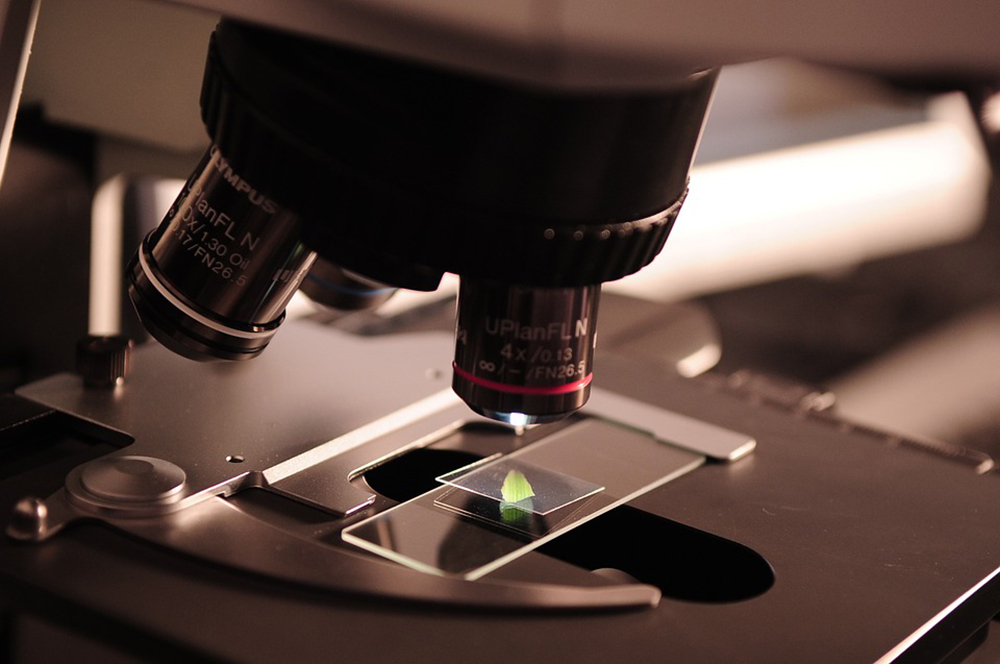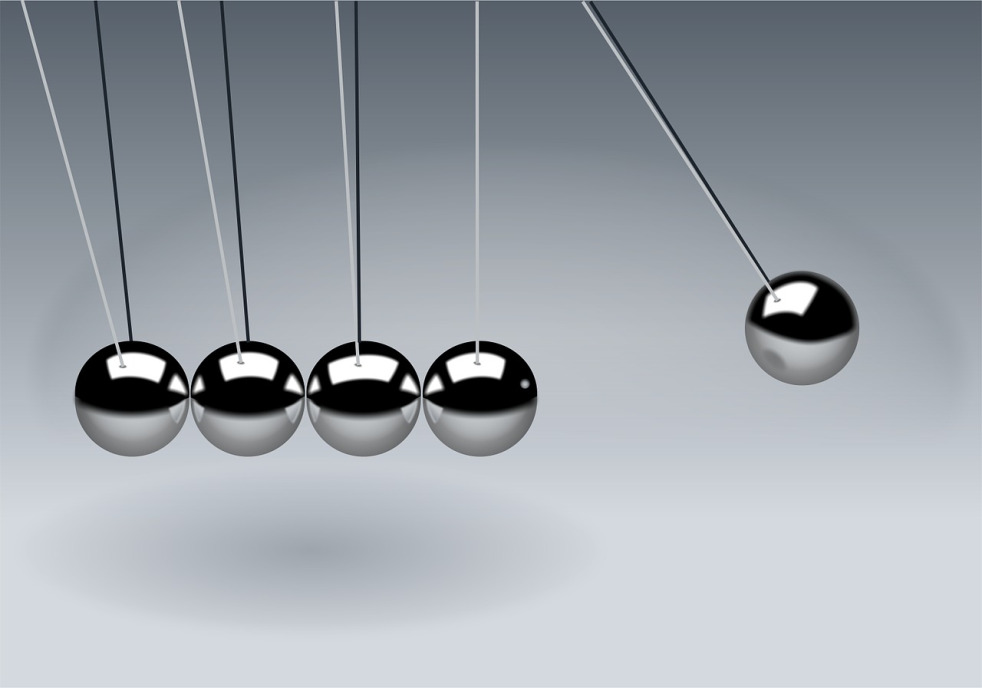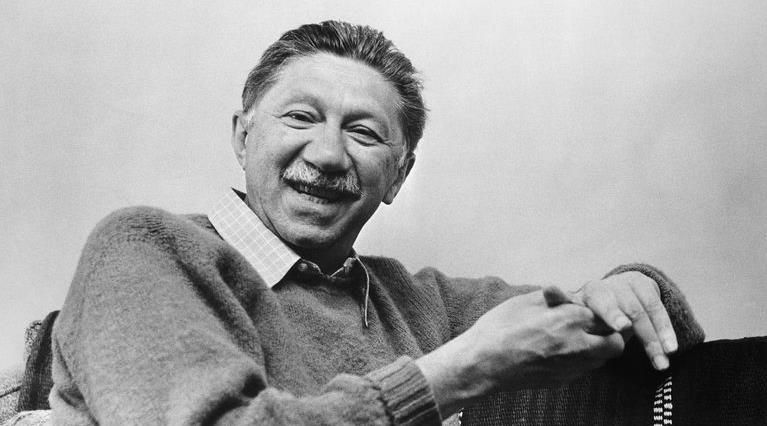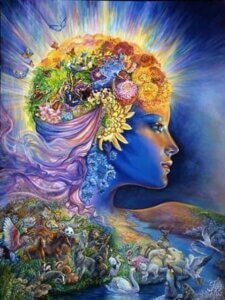Do we believe everything that we can see with our eyes and perceive as a sense? We know things by feeling, sometimes we know by hearing, and sometimes we learn by living. How much can we discuss the accuracy of what we know and think about the “certainty”?
While the sense of curiosity deals with our selves from birth, all of our lives go through questions and illusions. So, do we believe everything we see with our eyes? Is there absolute reality? Of course, we will all answer this question from our own perspective. The profession we have, the culture and environment we have are also a reason that reinforces our thoughts.
Recently, I saw a few questions about a spontaneous dialogue on social media, and their answers were very interesting. Let’s add your thoughts to the topic discussed about whether psychology is a science, how to have a good life and whether science can be answered.
First of all, what is science?

Since we were born, we have been trying to learn and get to know life by asking questions. We take the information and try to come to a conclusion by combining it. Science adds great value to our lives as a method of achieving results at this step. Science by definition:
“Science or science is the whole of intellectual and practical studies, including the systematic study of the structure and movements of the physical and natural universe through a number of methods.”
Scientific methods experientially turn information into data. It advances in the research phase, systematically achieving rational results. The methods he uses are purely objective. The steps followed by science should be testable and data should be reached with technical possibilities.
What is psychology?

Psychology consists of the words “psyche” (psyche) meaning soul and “logos” meaning knowledge. Accordingly, psychology means knowledge of the soul. It was used in this sense by Aristotle (384-322 BC) in the First Age and took place in philosophy for a long time. By definition
“Psychology is the science that systematically studies the mind and behavior of individuals. Both the directly observed behaviors of organisms and the complex mental processes that cannot be directly observed, such as thinking, visualizing, remembering, and imagining are within the scope of psychology.
Psychology helps people adapt to life and understand their behavioral causes. In the 1970s, studies of people who are formally interested in psychology in terms of structural studies of the brain and the ways in which emotional intelligence is affected began. Science historians are concerned with whether social sciences are considered science; They cannot answer clearly due to the problematicality brought about by the diversity of paradigms that can easily change.
The scientificity of psychology and Abraham Maslow

In order to say that psychology is a science, it is necessary to classify and systematize the knowledge in the basic logic of science. When the findings are systematized, they become a theory and become open to generalization, which indicates scientific knowledge.
In this respect, Abraham Maslow (1908-1970) developed a view on the scientificity of psychology. According to him, human behavior is holistic and human. To understand this complexity, it is necessary to break the whole into parts and generalize from the part to the whole. In other words, the main aim is to consider the human being holistically, which is what the Gestalt approach adopts. Therefore, the humanistic psychology and the gestaltist approach, which are among the modernist views, do not object to the separation of psychology when necessary, while evaluating it as a science, but consider it necessary to reach a whole that will ensure that the ultimate goal is not to break away from being scientific (Kuzgun, 1985: 1-2).
One of the most important fields that bring scientific clarity to psychology is ‘Psychometry’. Psychometry helps to develop mathematical models that can be used in the application of statistical methods of behavior to psychology and in explaining and interpreting behavior. Pareto principle ; He says that 80% of people have the same reactions to similar situations and that 80% of people think that they are living a good life according to the understanding of a good life comes out of the subjective situation. He explains that when the standard that is trying to reach is poured into data, science can be responsive to it for the majority of people.
How integrated is the social sciences with the definition of science?

So, can we limit science to subjects and chapters? Shouldn’t psychology be considered a science when it is a product of human hands? Or if we need to ask a little more broadly: Can we integrate the social sciences into science?
One group says that the answer to what is a good life is not given by science, it deals with objective events, and the definition of a good life varies from person to person.
Another group is a social science that ‘aims’ to explain the cause-effect relationship of human behavior, even though there is no controlled scientific activity in a laboratory environment like science. He says that his activities are aimed at being scientific, and that psychology is science.
Where there is life, the universe is constantly working and things are constantly changing, can we argue that science is static or can we argue that science is in motion in terms of social sciences? Do you think psychology is a science?
Sigmund Freud must have clearly expressed his opinion on this subject and summarized the subject:
“You are trying to find answers, we intend to ask more questions.”














